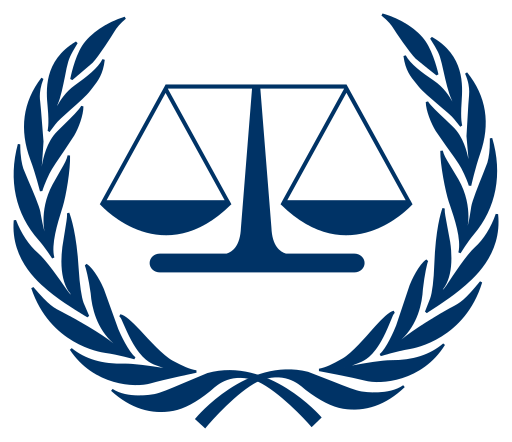In a September 10 speech to the Federalist Society, National Security Advisor John Bolton offered “a major announcement on US policy toward the International Criminal Court.” The US government, per Bolton, considers the court “fundamentally illegitimate. … We will not cooperate with the ICC. We will provide no assistance to the ICC. We will not join the ICC.”
Bolton threatened sanctions against the court and those who resort to it or cooperate with it in investigations of war crimes involving the United States or Israel. He also announced the first such sanction, closure of a Palestine Liberation Organization office in Washington in retaliation for the state of Palestine’s referral of charges against Israel for actions in the West Bank and Gaza.
What’s with this sudden interest in the court and its jurisdiction?
Why is Bolton suddenly so concerned with protecting notions of “sovereignty” (he uses the word nine times) that the US government itself routinely ignores at its convenience, claiming global jurisdiction over individuals and organizations outside its own borders in matters ranging from the 17-year “war on terror” to its financial regulation and sanctions schemes?
The answer, in a word: Afghanistan. The regime installed by the US after its 2001 invasion of that country, and maintained in power by the US since then, ratified the Rome Statute in 2003. Crimes committed in Afghanistan since then, regardless of the perpetrators’ nationalities, therefore fall under the ICC’s jurisdiction.
Bolton finds it unconscionable that an American — in particular an American soldier, sailor, airman, Marine, or politician — accused of crimes committed in Afghanistan might be tried in a court Afghanistan’s government has duly accepted the authority of. So much for “sovereignty.”
Bolton wants it both ways. On one hand, the long arm of US law must reach everywhere, be it to a bank in Switzerland, to a hacker’s keyboard in the United Kingdom, or to a battlefield in the Middle East. On the other hand, no foreign arm of law must ever reach a US citizen, regardless of the alleged crime or where it was committed.
Pretty messed up, but there’s a simple solution. All the US government has to do is close its embassies and consulates in, withdraw its troops from, and advise its citizens not to travel to, any of the 120-odd countries which recognize the International Criminal Court as their judicial authority for war crimes, genocide, and crimes against humanity.
Starting with Afghanistan.
Problem solved.
Thomas L. Knapp (Twitter: @thomaslknapp) is director and senior news analyst at the William Lloyd Garrison Center for Libertarian Advocacy Journalism (thegarrisoncenter.org). He lives and works in north central Florida.
PUBLICATION/CITATION HISTORY



